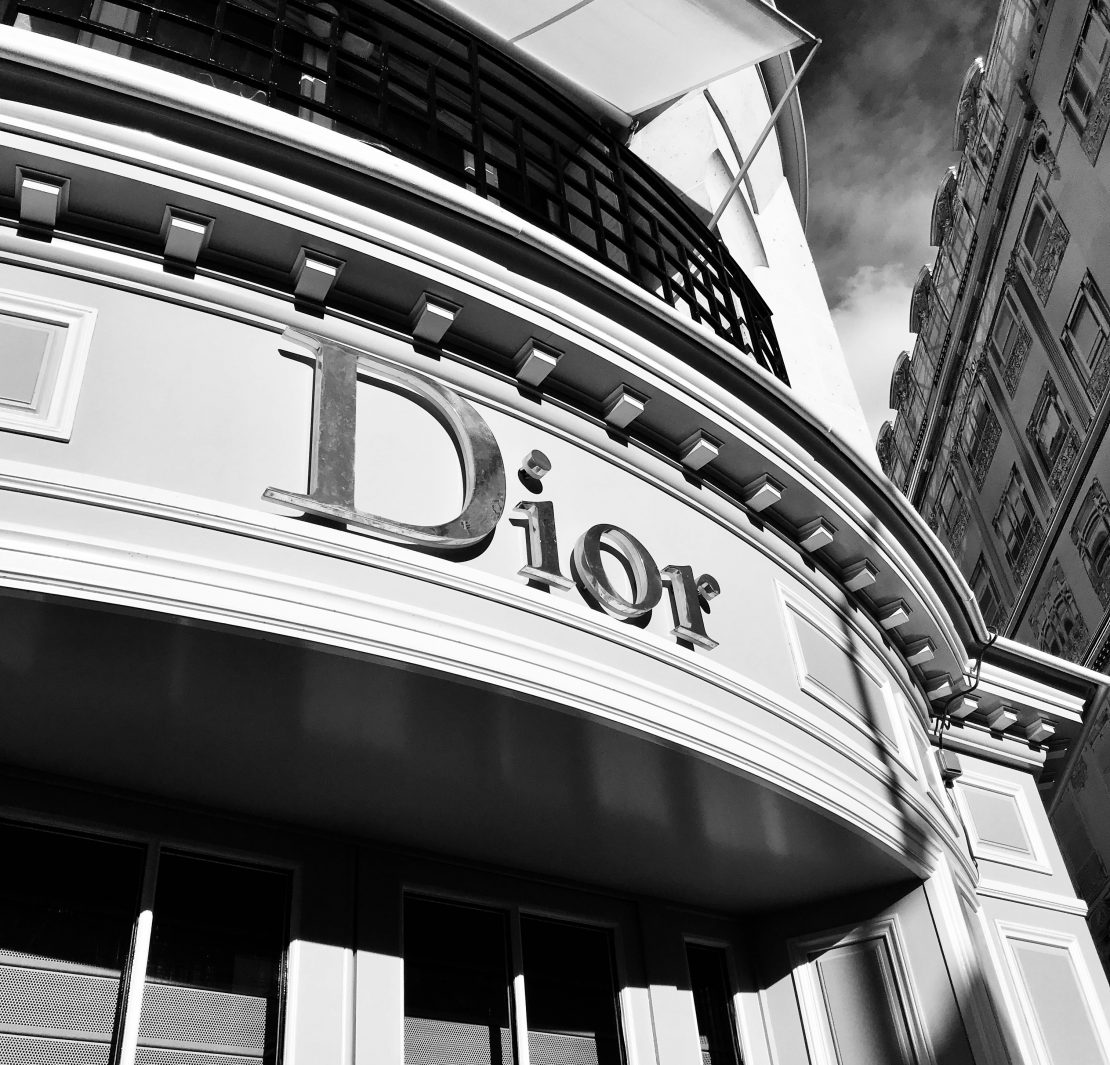There’s a dark reality hiding behind patterned Dior bags. Prosecutors in Milan investigated the way Dior and Armani have been dealing with their third-party subcontractors. These people are essentially the labor force that drives the existence of these brands. Documents obtained by Reuters reveal that workers in these facilities are paid an abysmal rate of $57 and $99 per bag by Dior and Armani respectively. These are the same items that are then prices so high that would be enough to completely change these workers’ quality of life.
Dior workers found in abysmal working conditions by Italian authorities
Dior is selling the bags obtained at $57 for $2780. This number does not include the cost of raw material, like leather. Authorities found workers sleeping in the factories so that bags could be made round the clock. Not only that, but data gathered in these probes revealed that workers were engaged even during nights and holidays. On paper, Dior’s parent company LVMH has reported 1725 audits in its environmental and social responsibility report. Yet, machines in these factories were found to be missing safety equipment so that workers could use them faster. The probes also extend to Giorgio Armani, which is selling its bags at $1900.
Authorities say that despite the glaring misuse of human labor, these brands are also throwing companies that do adhere to government rules out of the market. However, they also noted that it is not rare that a luxury brand bypasses labor regulations to reap in benefits. Although the court has ordered Dior and Armani to work under judicial administration, they are just two names among a heap of fashion brands – fast and luxury – that flout labor welfare to cater to their niche audience.
Fashion brands exploiting laborers is nothing new
Fast fashion brands have predominantly been at the forefront of treating their workers unfairly. SHEIN and Temu, two of the largest apparel platforms, found loopholes in US law to exploit their workers. CNN reports that SHEIN workers still had 75 hour work-weeks in practice. Garment workers tend to receive wages lesser than the amount required to suffice daily needs. A majority of these workers are women, who come from immensely poor backgrounds to work for these big-name brands.
Bangladesh, the world’s largest manufacturer of readymade garments, saw its most crucial sector go on strikes to protest their mistreatment and low wages. The country is the labor-sourcing hub for fast-fashion brands that show nothing of their awful operations that go on here. These protests were also met with a violent police response, which included tear gas shells.
Brands like these have long been violating the human rights of these workers solely with the weight that their names carry. It is high time that those who buy from these brands realize that they constantly disregard ethical labor practices. When you buy a Dior bag, you’re not just owning an accessory that elevates your social status. Scores of people are still embroiled in unfair labor practices under these brands, whose blood and sweat go behind producing these shiny pieces that get all the attention.




